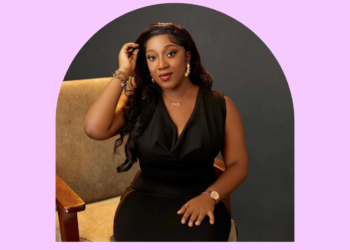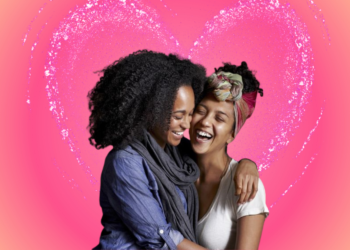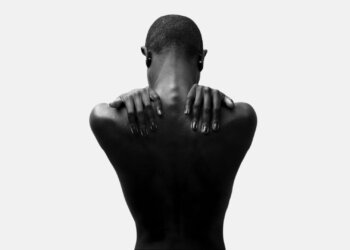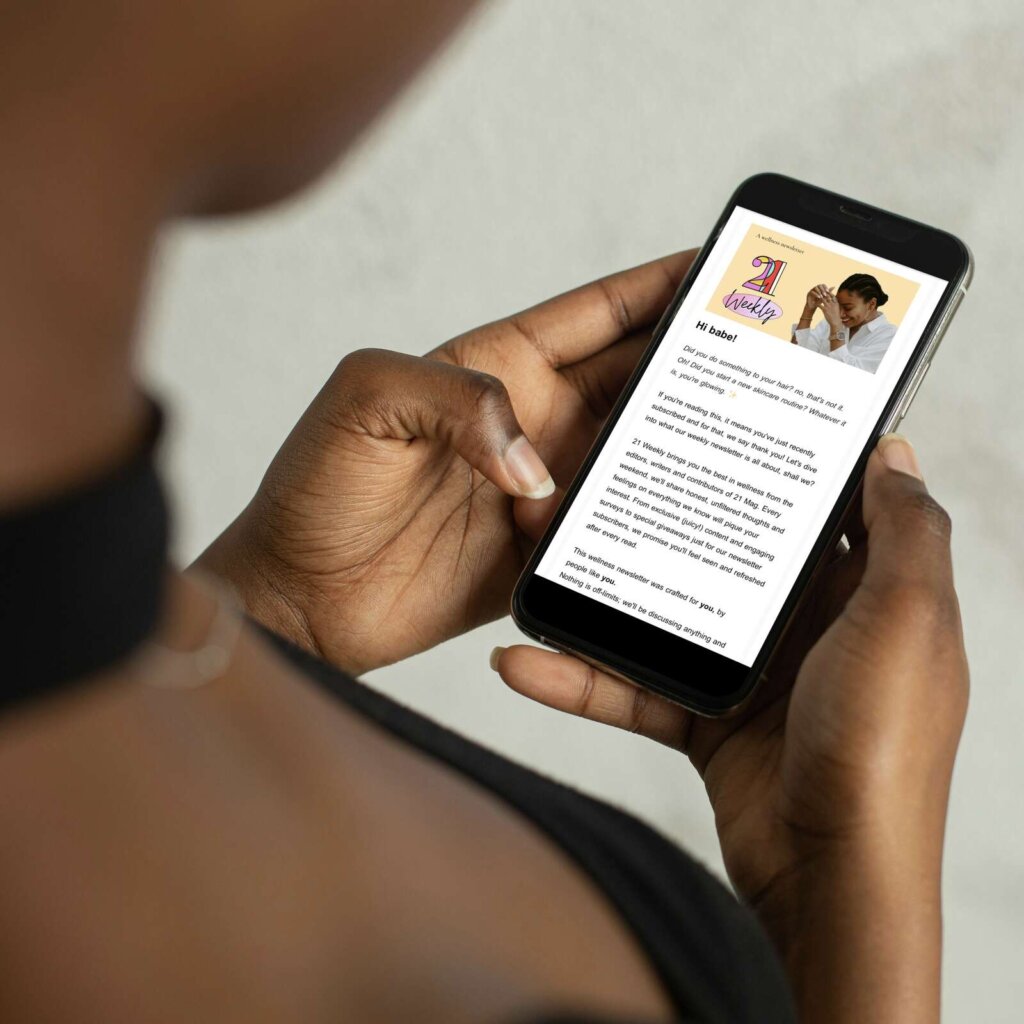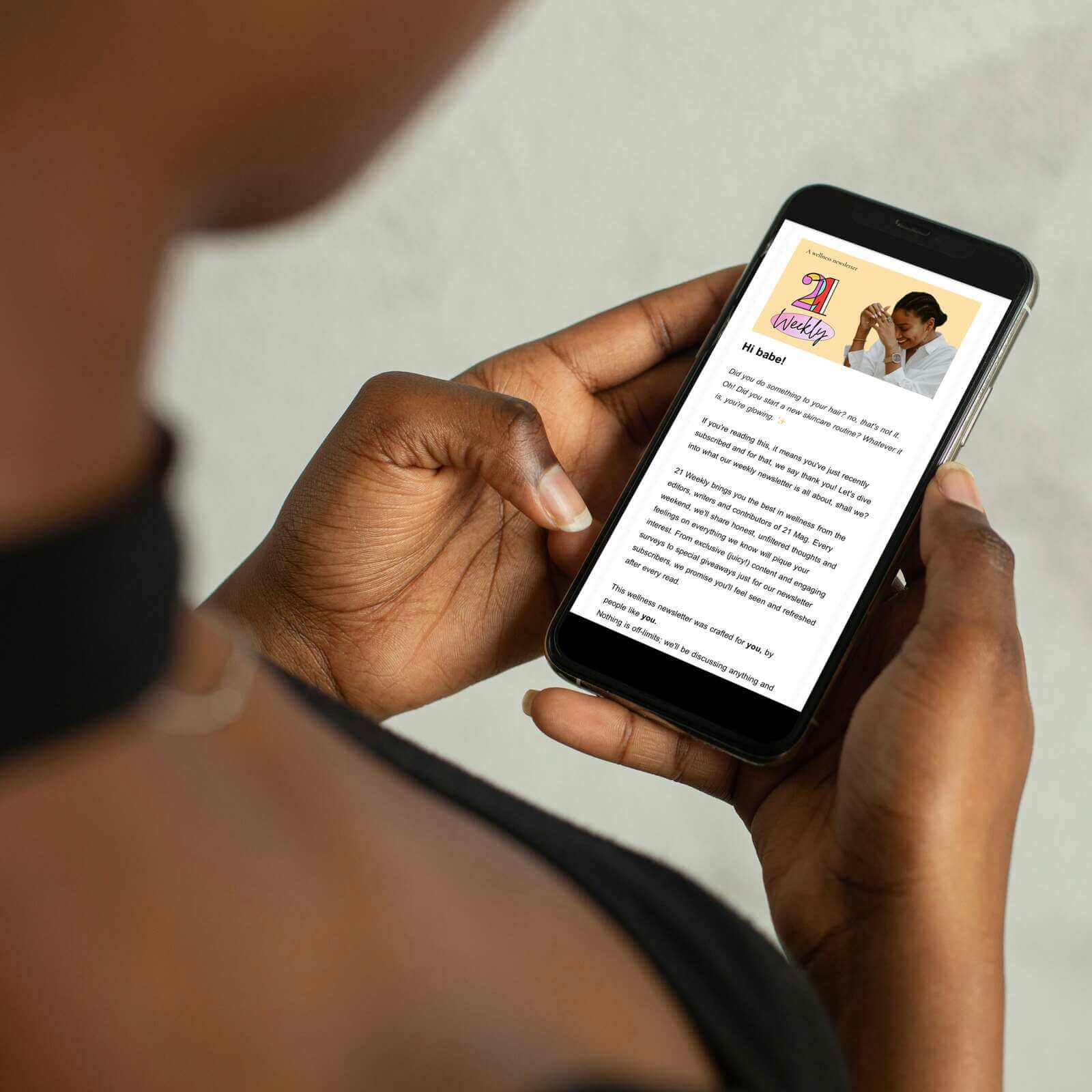No products in the cart.
Recovery After Sexual Assault
Violence of any kind is despicable. Sexual Violence leaves a mark a great number of people carry for too many years. There’s nothing about this topic that is light, easy or dismissable, yet we still live in a world where people go out of their way to do just that. Victim blaming, supporting perpetrators for x, y, z reason, dismissing first-person accounts, dark jokes about it, and many more. Society gives sexual assaulters so many ways to escape justice and in the same breath gives sexual assault victims too few ways to come forward with their truths.
Sexual Assault Awareness Month (SAAM) aims to teach people and society as a whole about sexual assault, why it happens, its impact on survivors, and ways to prevent it. This international campaign that began in the early 2000s also seeks to challenge societal norms that contribute to sexual violence. So every every year in April the world comes together to do just that. “This is a time for advocates, survivors, their loved ones, and the community to come together to talk openly about sexual violence to support survivors, increase knowledge and awareness, and identify strategies and resources to prevent sexual violence.”
This year, 21 magazine has put together a list of organisations in Nigeria, aimed at helping all victims of sexual assault. Keep reading to learn their names, get links to their websites and gain access to their emails and phone numbers!
We have also put together a guide on how to help support a loved one who has been sexually abused.
Lastly, you can download the free resources at the end of this piece. They aim to help educate you a little bit more about violence against women and how we can all help prevent it.
5 Ways to Support a Loved One Who Was Sexually Assaulted by Udo Ojogbo
Hearing that someone was sexually assaulted, especially a friend or family member is not an easy thing. In fact, it is beyond heartbreaking. You feel a wave of emotions. Pure, unadulterated anger at the wicked abuser who felt they could violate someone else with no consequences. Sadness, that this person you love had to go through something that painful. Worry, that they may never come back from the trauma.
Upon finding out that a woman you care about was sexually assaulted, time is of the essence. It is crucial you lead with empathy, understanding and patience when letting her know that you want to be there for her. We understand that providing support for her may be challenging, not because you don’t want to help her, but only because you’re unsure how. You don’t want to say or do the wrong thing, lest she withdraws from you and you lose her confidence.
Hence, we compiled 5 great ways to support someone who was sexually assaulted. Through this guide, you can help your loved one feel validated, empowered, and supported as they navigate their healing journey after experiencing sexual assault.
Believe Them and Validate Their Feelings Without Judgement
One of the most crucial things you can do for a sexual assault survivor is to believe every single detail of their story. Yes, this includes the parts you think don’t add up, and it doesn’t matter if they are not the “perfect victim.” Sexual assault isn’t black and white, and it is dangerous to assume that it has a single narrative. Statistically, the amount of false sexual assault accusations are minute when compared to actual sexual assault cases, so when a survivor shares their story with you, it isn’t in your place to play judge, jury and executioner. It cannot be overemphasized that it takes a great deal of courage for someone to share their experience of being sexually assaulted. Sometimes, they may feel ashamed or even guilty about what happened. So, be a safe space for your loved one by allowing them to freely speak about what happened—without interruptions—, believe them and don’t pass any judgement.
Respect Their Choice and Privacy
We understand how deeply upsetting it can be to hear that someone you care deeply about was assaulted. You feel sad not only because she had to go through something that violating, but also because she carried the burden of such grief for a while before she finally shared it with you. You feel angry at the rapist and you want him to be inflicted with all the pain in the world. All these feelings may lead you to want to take specific actions, such as reporting the assault to the authorities, calling the person out on social media or seeking therapy. But remember, her story isn’t about you or how you feel. Do not pressure her to take any step if she isn’t ready.
It’s important to respect your loved one’s autonomy and decisions regarding their healing process. Be present to offer support and guidance, but ultimately, allow them to make their own decisions on how they intend to move forward.
In addition, if you’re not given explicit consent to share their stories with others, don’t share—no matter how much you think you’re doing it for their own good, respect their privacy and boundaries. This includes not pressuring them to share information they’re not comfortable sharing.
Educate Yourself, Then Offer Practical Support
A person who has been sexually assaulted will experience high levels of distress and trauma immediately afterwards. For many, feelings like fear, anger, anxiety, sadness and even guilt will linger for a long time. Spend some time to educate yourself about sexual assault so that you can better understand the nuances of trauma, to provide empathetic, informed and practical support to your loved one. Practical support may look like following them for medical appointments, helping them find a suitable therapist, navigating the legal system if they choose to report the assault, being available for them whenever they need to talk about what happened, navigating resources available to survivors, like hotlines and support groups, etc. If feasible, you can also provide assistance to help with the bills related to counselling services, medical expenses or legal fees.
Encourage Self-Care
Sexual assault is one of the highest violations that can happen to a person. The act itself intends to strip the victim of their own agency and autonomy. It can have poor mental and physical consequences on the sexual assault survivor. However, self-care is the ultimate counterbalance to the way sexual trauma attempts to steal the agency, vitality and autonomy of a person.
If someone you love has been sexually assaulted, you can help their healing journey by encouraging them to prioritize self-care activities that are good for their physical, emotional and mental well-being. Basically, whatever they enjoy, that makes them feel more in tune with who they are, should be encouraged. Be patient when it comes to reminding them of the things they love or getting them to participate in things that give them joy. Offer to join them in such activities or pay for such activities.
Advocate Against Sexual Assault
Stand up for your loved one’s needs, whether it’s advocating for their privacy, supporting their decisions regarding reporting the assault, or challenging harmful attitudes or behaviours from others that perpetuate rape culture.
Even when it comes down to supporting other survivors of sexual assault, refrain from being one of those internet people who are always so pressed about hearing the other side. Refrain from being one of those people who promote the witch hunt of victims whose stories aren’t “believable.” Refrain from laughing at rape jokes. Refrain from being friends with rapists or rape apologists. Believe women. Your loved one who has suffered a similar fate is watching you. When you stand firmly against sexual assault, you give her the strength of a voice, when she may not be ready to speak up.
Sexual Assault Helplines in Nigeria
| Name | Website | Phone Number | Email Address |
| MEDIA CONCERN INITIATIVE FOR WOMEN & CHILDREN (MediaCon) | https://www.mediaconcern.net | 0809 952 2487 | [email protected] [email protected] |
| HELLO LAGOS | https://www.yedi.ng/hello-lagos/ | 0802 900 0007 | [email protected] |
| PROJECT ALERT ON VIOLENCE AGAINST WOMEN | https://projectalertnig.org | 0805 200 4698 | [email protected] |
| SOCIETY TO HEIGHTEN AWARENESS OF WOMEN AND CHILDREN ABUSE | https://www.girlsnotbrides.org | 0807440 3088 | [email protected] |
| BRAVE HEARTS INITIATIVE | https://www.bhi.org.ng | 0706 191 0869 | : [email protected] |
| DOMESTIC AND SEXUAL VIOLENCE AGENCY (DSVA) | https://lagosstatemoj.org/dsvrt/ | +234 9167802222 | [email protected] |
| CHILD AND YOUTH PROTECTION FOUNDATION | https://cypfnigeria.com | 0813 157 7877 | [email protected] |
HOPE AID ORGANISATION | https://www.hopeaidorganisation.com | 0817 212 5692 | [email protected] |
| TAMAR SEXUAL ASSAULT REFERRAL CENTRE | https://entamarsarc.org.ng | 0909 133 3000 | wacolnigeria.org |
| WOMEN AID COLLECTIVE | https://wacolnigeria.org | 0704 761 845 | [email protected] |
| IRETI RESOURCE CENTER | https://wrahp.com/?page_id=742 | +234 700333311 | [email protected] |
| DOROTHY NJEMANZE FOUNDATION | https://dorothynjemanzefoundation.com | +234 701 333 3307 | [email protected] |
| THE NATIONAL HUMAN RIGHTS COMMISSION | https://www.nhrc.gov.ng | 08006472428 | [email protected] |
| THE LEGAL AID COUNCIL OF NIGERIA | https://legalaidcouncil.gov.ng | +234 903 043 6616 | [email protected] |
| FIDA (INTERNATIONAL FEDERATION OF WOMEN LAWYERS) | https://fida.org.ng/about-us/ | +234 708 849 6115 | [email protected] |
| THE MIRABEL CENTER | www.pjnigeria.org | 08155770000 | [email protected] |
| NULAI NIGERIA | http://nulai.org | +23492900609 | [email protected] |
| CECEYARA | https://ceceyara.org/ | +234 800 800 8001 | [email protected] |
| EHAINIGERIA | https://www.ehainigeria.org | +234 808 835 0275 | [email protected] |
Resources
- Download WHO’s Understanding and Addressing Violence Against Women
- Download UNICEF’s 16 Facts About Violence Against Women and Girls in Nigeria

